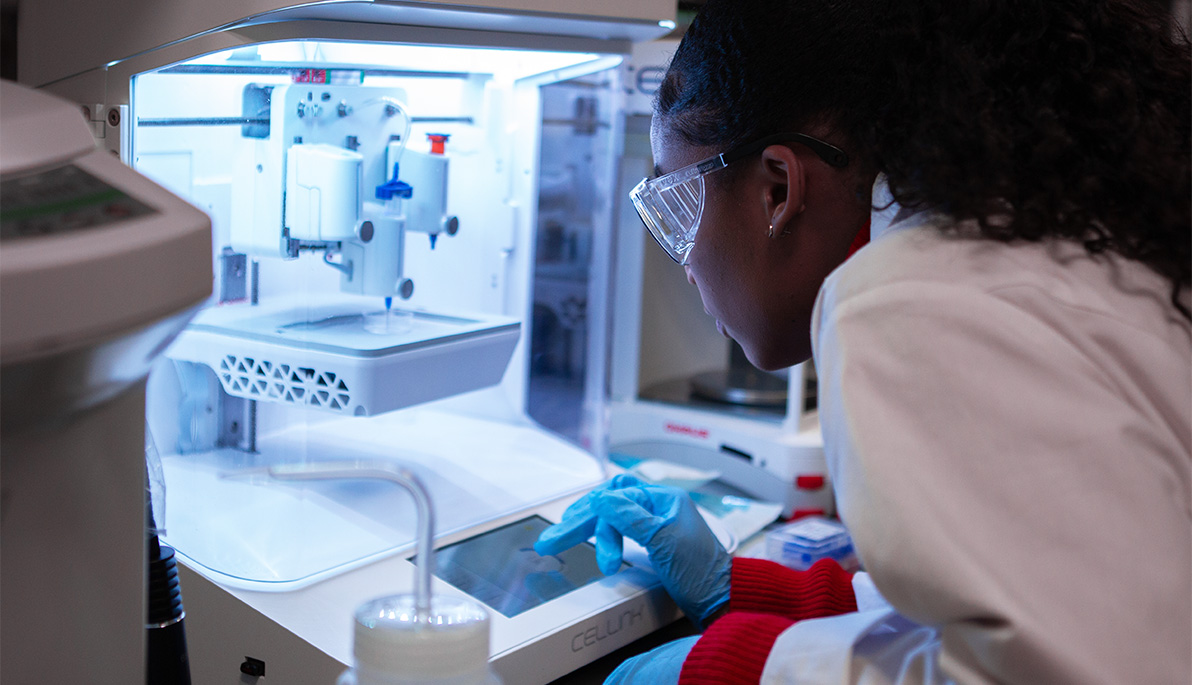News
Building the Biotech Talent Pipeline Now is Critical
August 25, 2021
As the delta variant spreads around the country, the United States plans to administer 100 million COVID-19 booster shots in the next few months. That feat would not be possible without the scientists and researchers working in America’s biotech sector.
But, the number of biotech researchers entering the workforce isn’t keeping up with demand, writes Michael Hadjiargyrou, Ph.D., a molecular and cell biologist and professor and chair of biological and chemical sciences, in a Daily News op-ed. According to McKinsey, more than 80 percent of pharmaceutical companies are experiencing a skills gap.
“Without a strong workforce that can develop medicines and vaccines, we won’t be able to end this health crisis—or the next one,” Hadjiargyrou says.
That’s why companies, governments, and educators must all play active roles in addressing the skills gap and build the talent pipeline in the biotechnology sector now.
Many biotech companies recognize that the looming talent crunch is a problem, but few are addressing it. Part of the problem is that relatively few educational institutions offer biotechnology degrees, which include specialized courses emphasizing practical skills and focusing on product development and solving societal problems using both biological and technological applications.
Only around 100 U.S. universities offer biotechnology degrees; New York Tech offers the only program on Long Island. U.S. institutions awarded fewer than 2,700 biotech degrees in the 2018-2019 academic year, compared with many more general biology and chemistry degrees.
Companies and universities should partner to determine what specific skills biotech workers need. “We also need more robust internship programs that give students the hands-on experience and skills needed for the ‘real world,’” Hadjiargyrou said. This is where policymakers can collaborate with colleges and the private sector. Similarly, universities must talk to industry leaders and biotech companies to ensure that curricula and training are relevant to today’s biotech sector needs.
“Future public health crises are inevitable, which means the biotech skills gap poses an existential threat. Leaders in government, academia, and the private sector must all work together to close that gap,” Hadjiargyrou concludes.
Read the full op-ed.
This op-ed is part of a campaign designed to help generate awareness and build reputation for New York Tech. Read more op-eds by institutional thought leaders.





